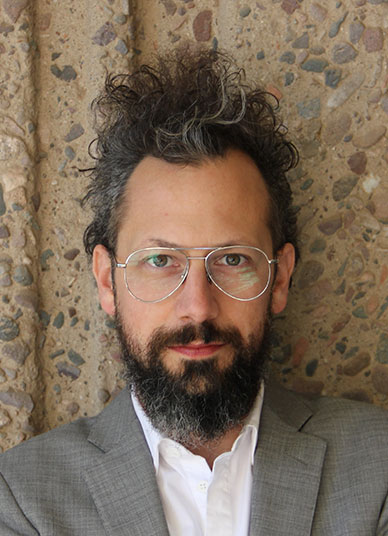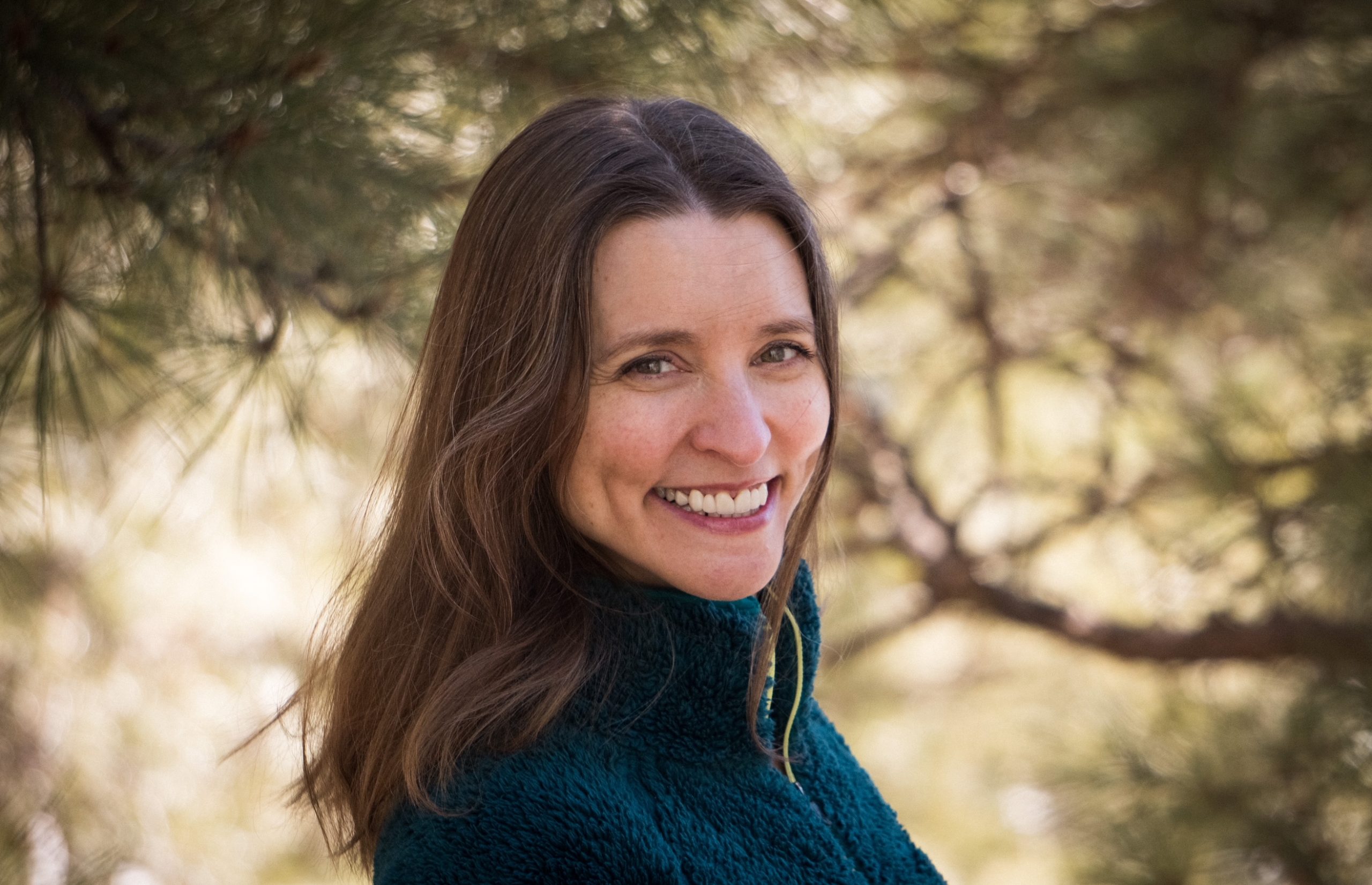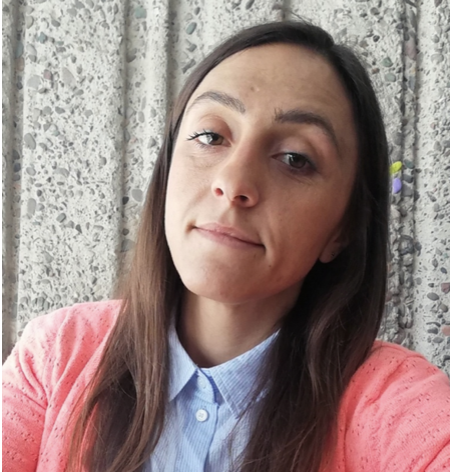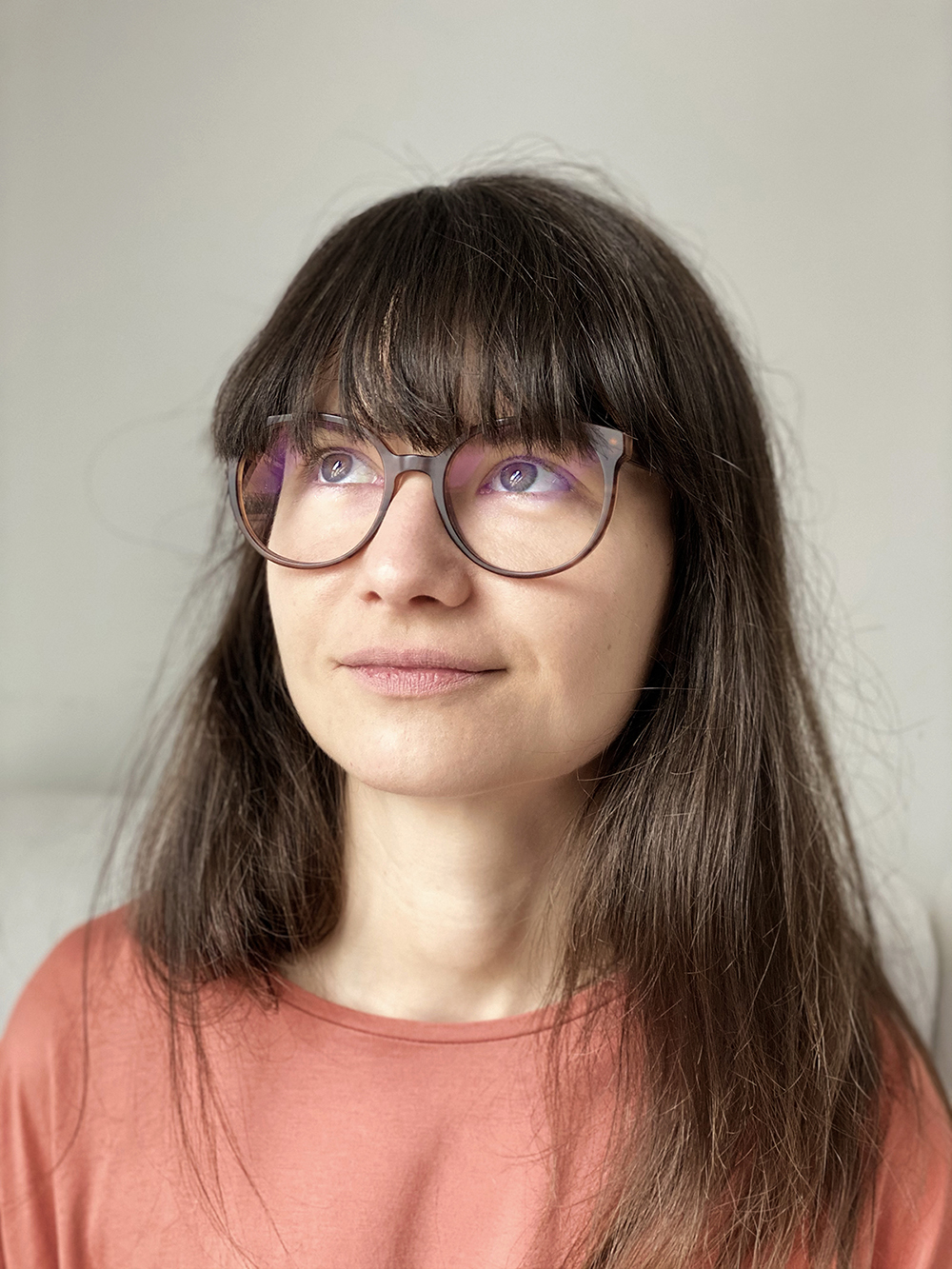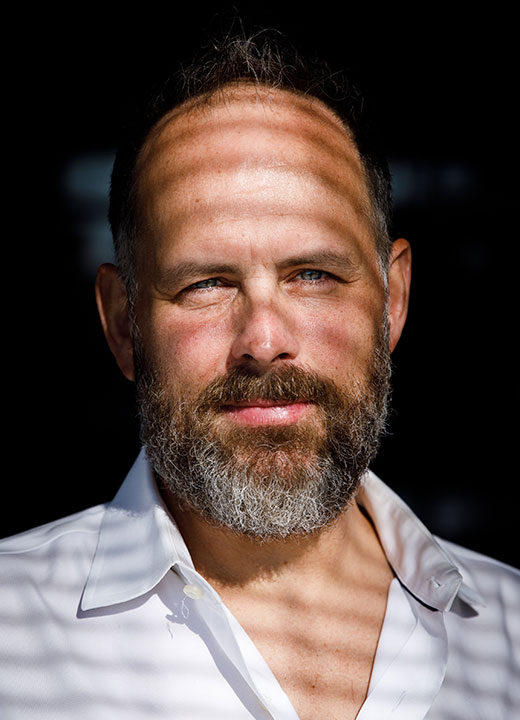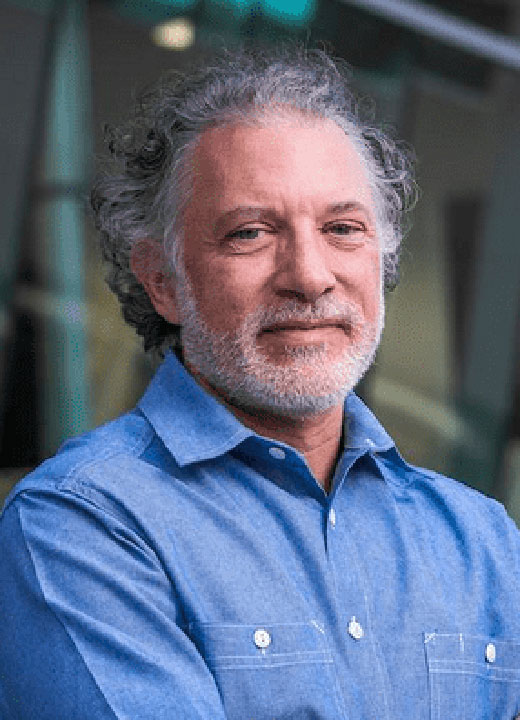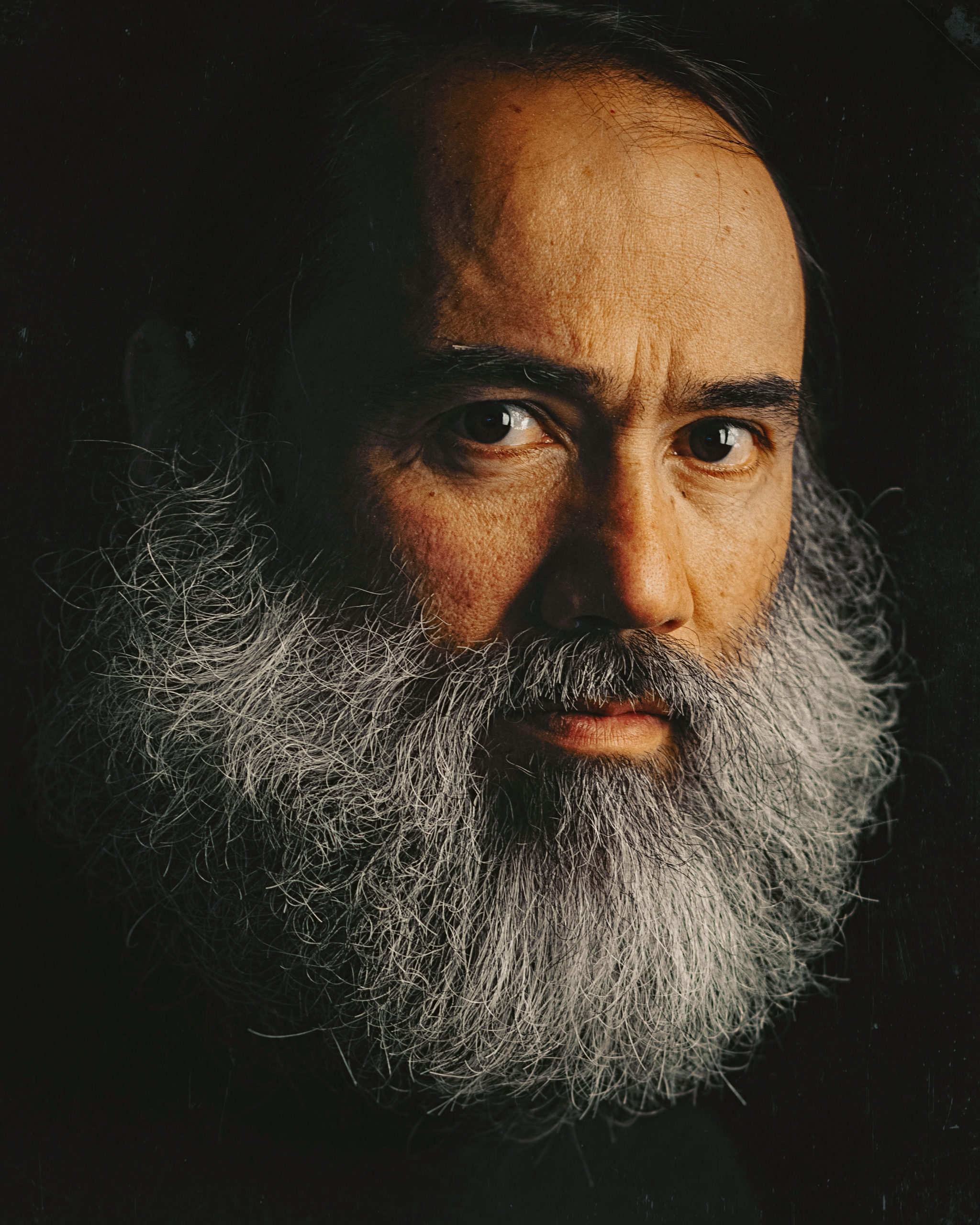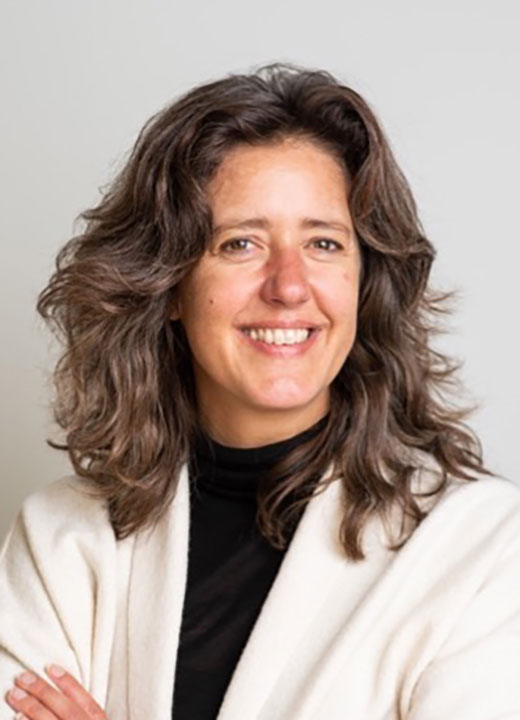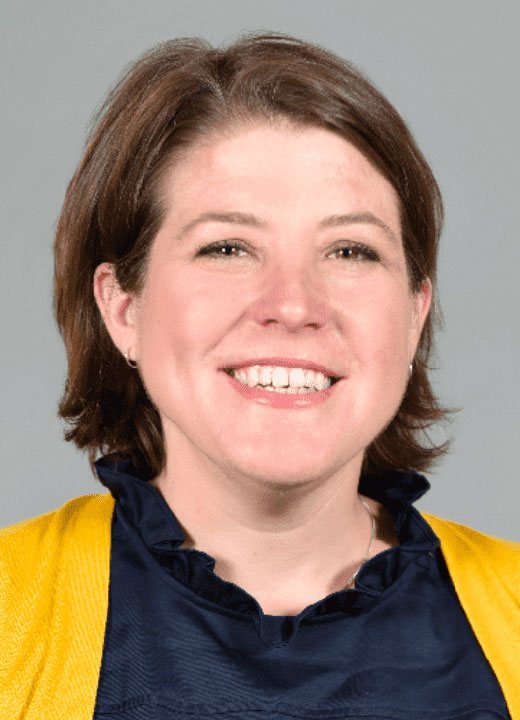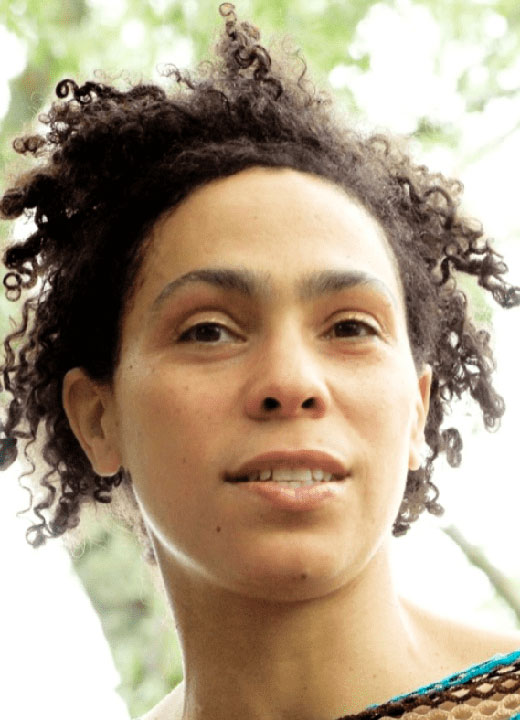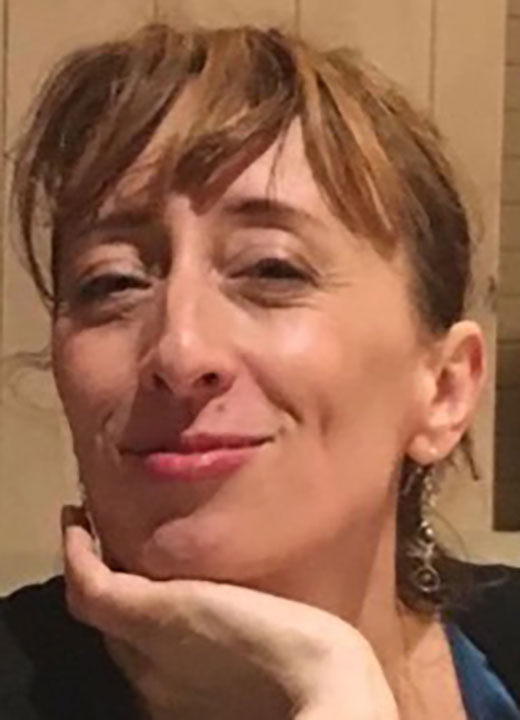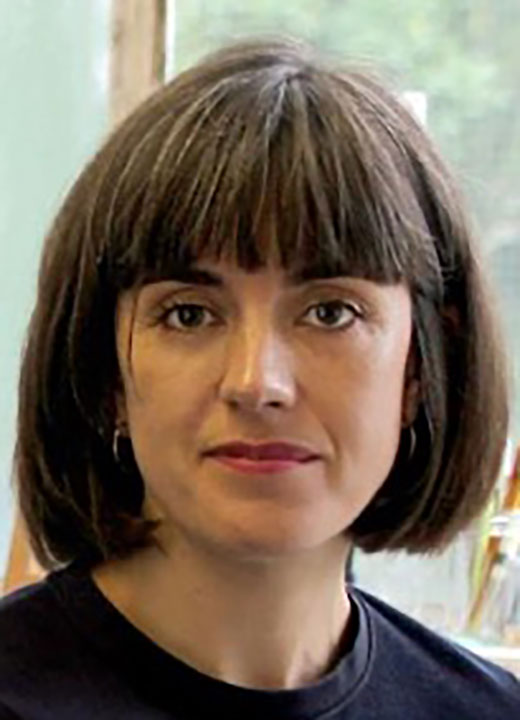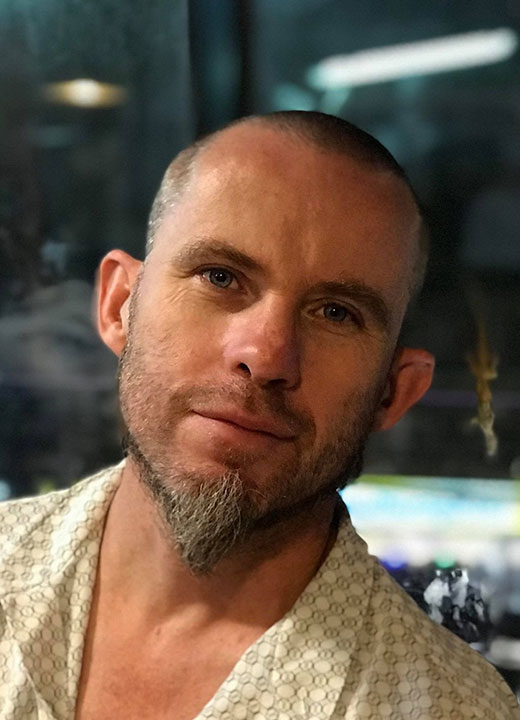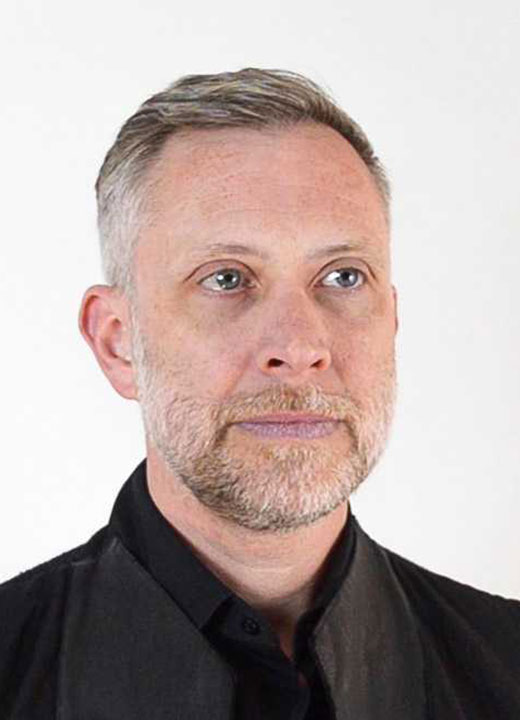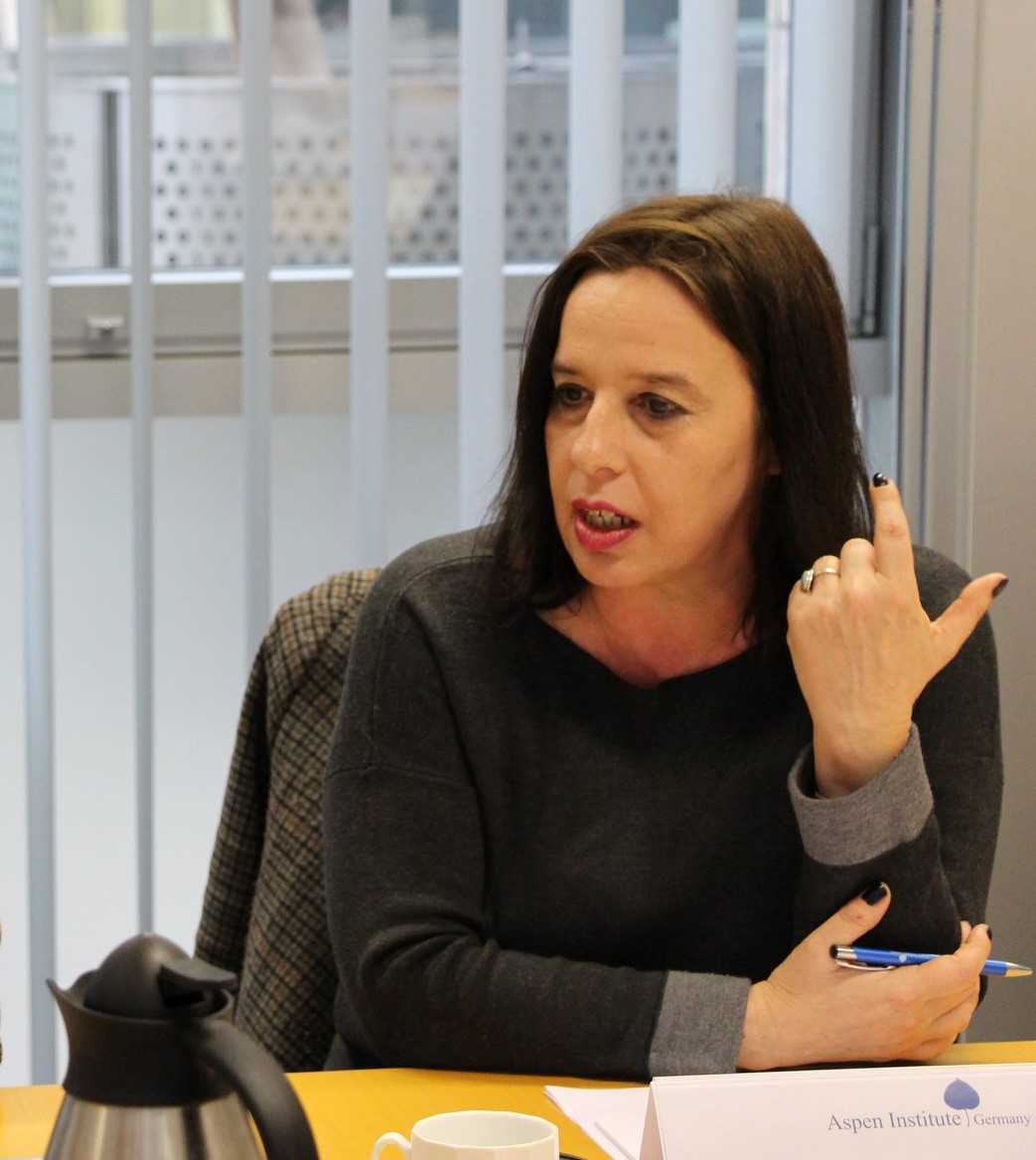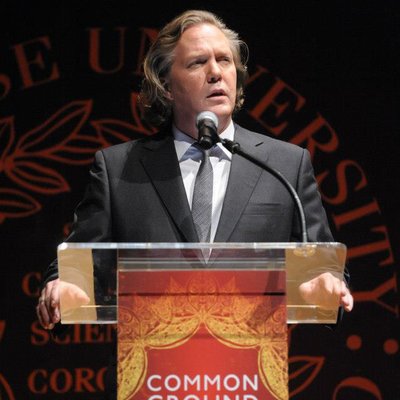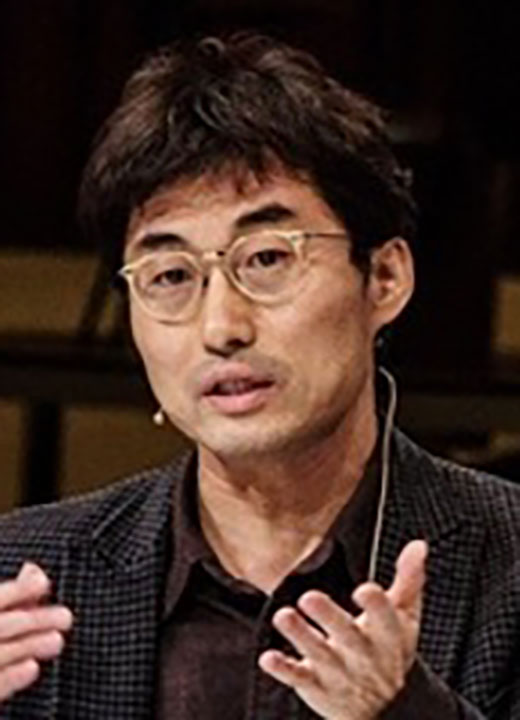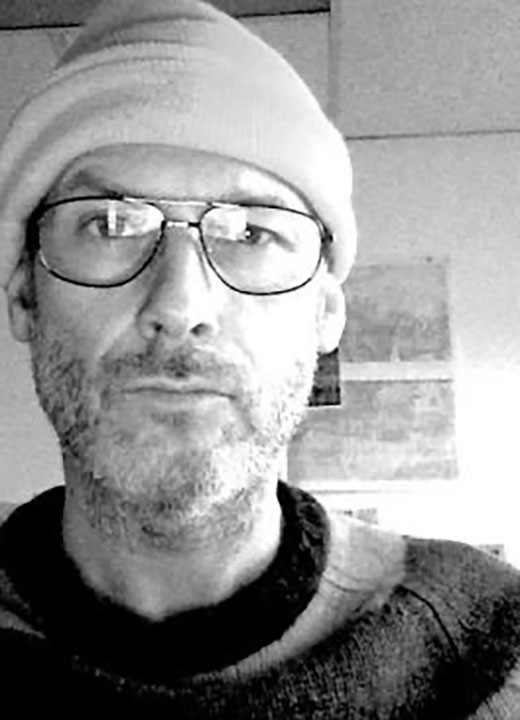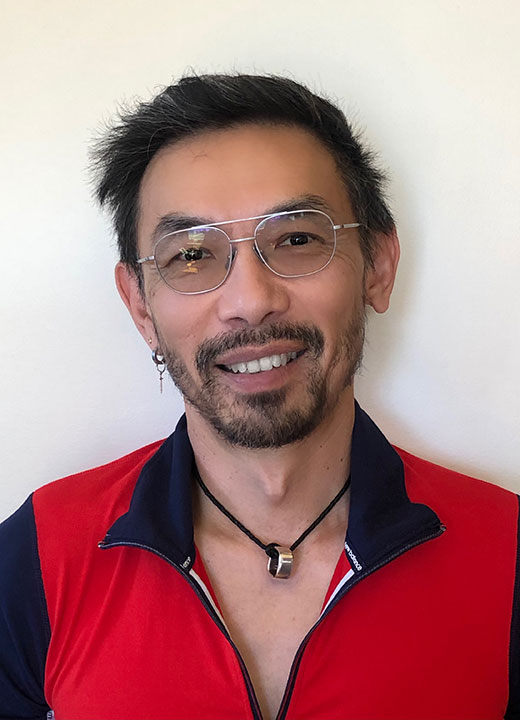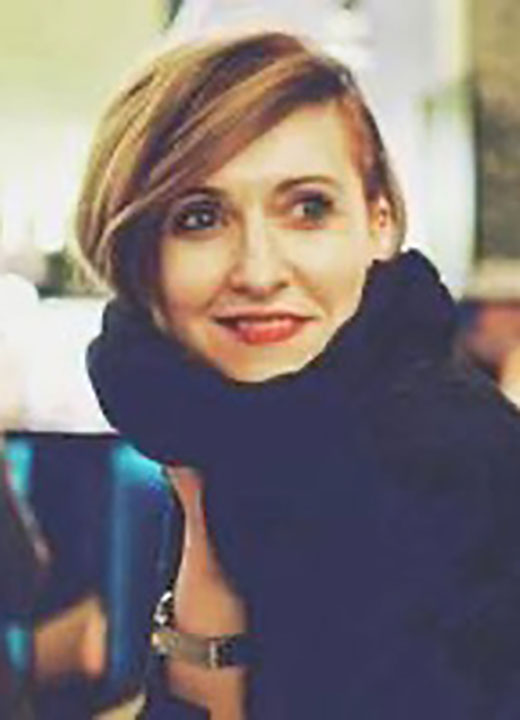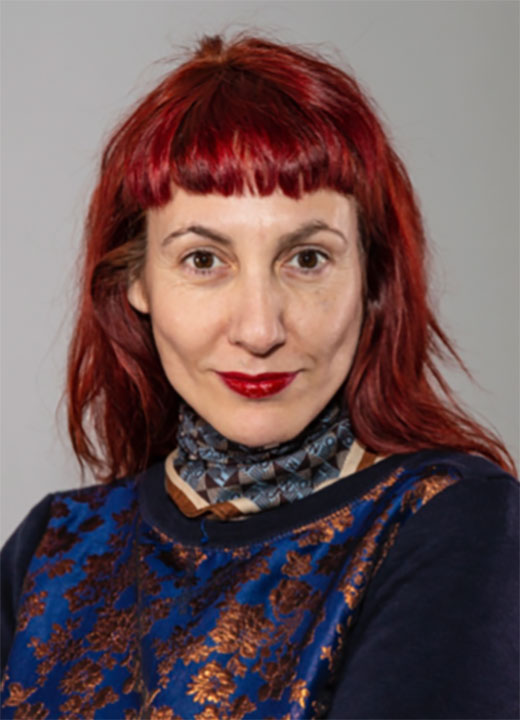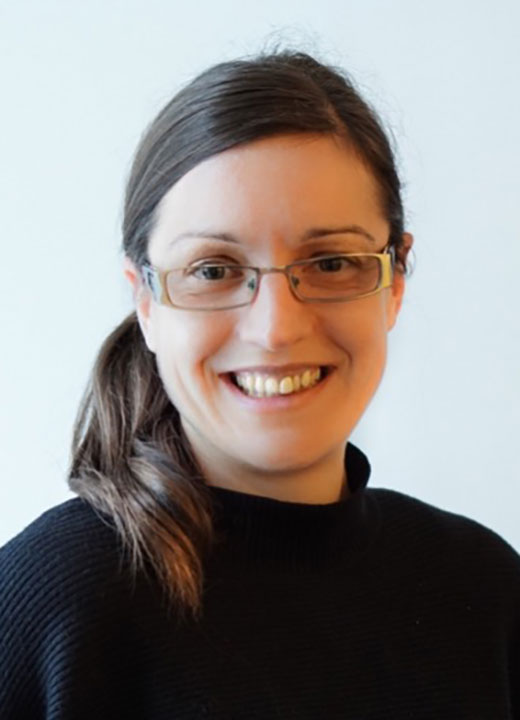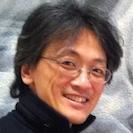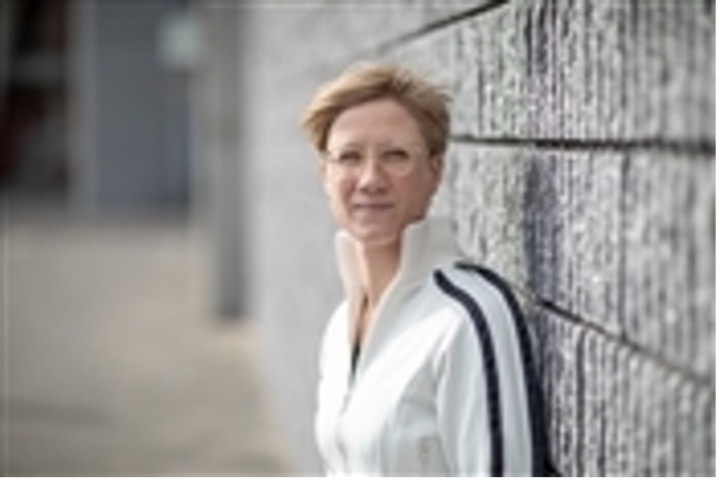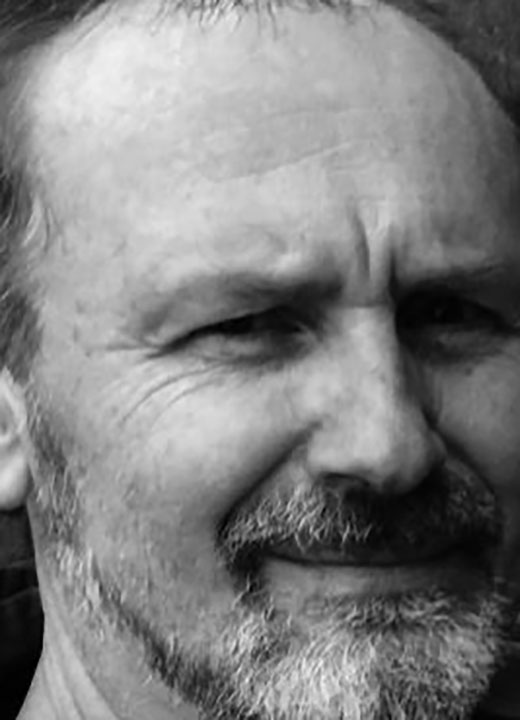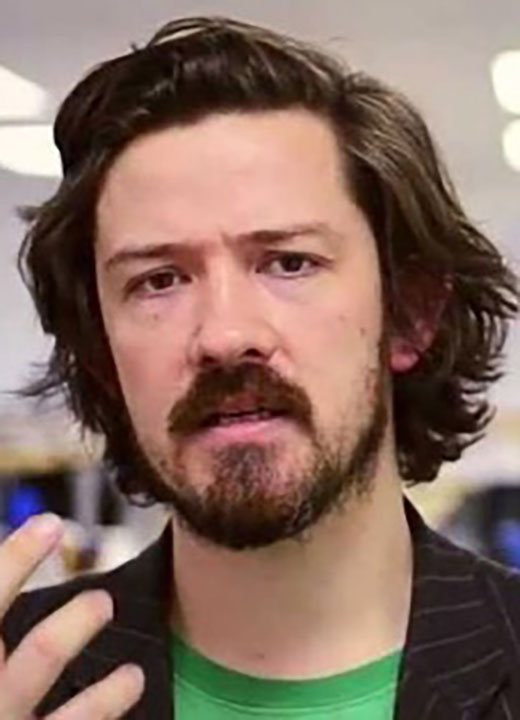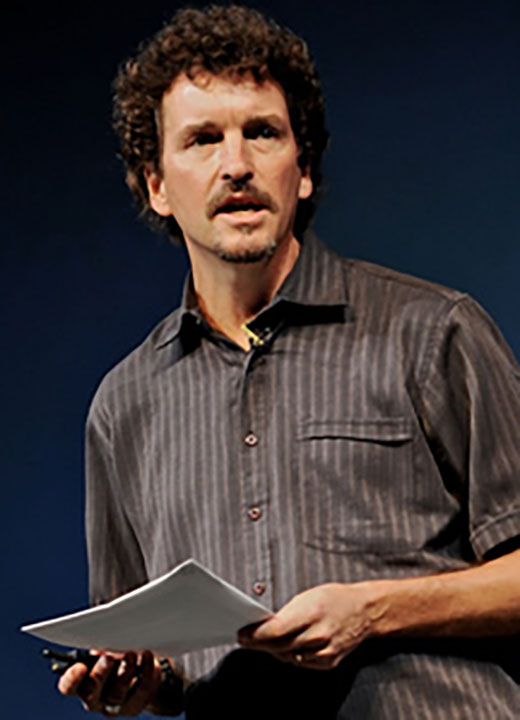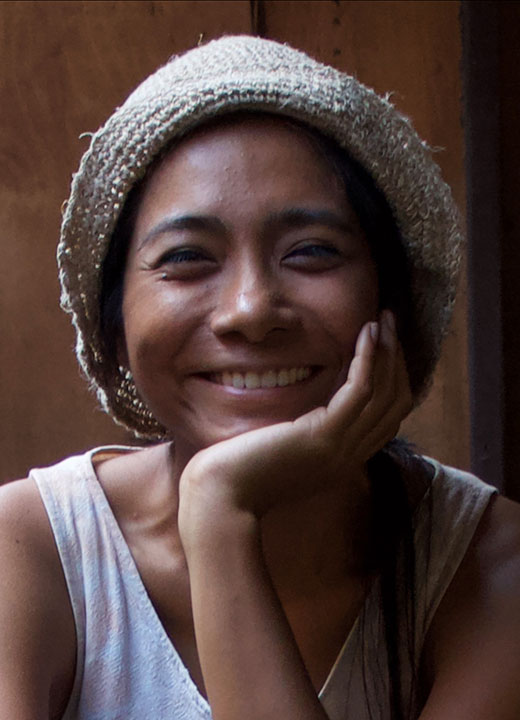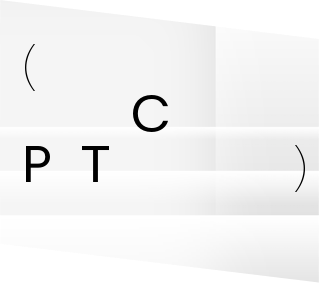[About]
What is a technique? The fields of architecture and design have their techniques; painters, musicians, and dancers have their well-honed techniques; but then so do engineers, computer scientists, and mathematicians. Developers and urban planners have techniques for incentivizing growth, as do activists who struggle against rapid urbanization. Philosophers and critical theorists are not without their techniques for thinking and concept building; and shamans, spiritual leaders, and occult practitioners have incredibly refined techniques that resist the hegemony of Western science and religion.
Today, we rarely ask questions that focus on techniques instead of technologies. This is no doubt due to the fact that the twenty-first century is overrun with digital technologies. Indeed, the concept of the Anthropocene does not exist without the computer model. Virtually every scale of earth and atmospheric interaction is computationally mediated, as are many of the mechanisms that govern them, and this has given rise to what some call an artificial planetarity. What is seldom asked about digital technologies are the techniques that underlie and traverse them. Although technique and technology share the same Greek root technē (“skill,” “art,” “craft”) and both refer to specialized activities, Techniques Journal does not take their shared history for granted but wishes to offer a fresh take on their many convergences and divergences.
For instance, instead of focusing our critical attention on algorithmic technologies, we pay attention to the myriad techniques that compose machine learning as a practice. Once conceived as an ensemble of techniques, would we not discover that these techniques have much older, unrecognized histories that traverse diverse and sometimes surprising media? And if this is indeed the case, then in what ways do these genealogies overlap with more distributed techniques of power and governance? Or then again, might ancient techniques of divination not also reappear in the algorithmic technologies leveraged for speculative finance? And in a different conceptual register, how might the metabolic properties of developing organisms also serve as techniques for reimagining sustainable architecture? How does a complex chemical reaction in a biological system become a technique for designing sustainable energy use?
Admittedly, this framing of technique is an experiment, which comes with its own risks. But this journal is conceived of as a speculative technique in its own right, designed to coordinate heterogeneous modes of inquiry for the purposes of unsettling stable frames of reference. If the journal positions itself as a “questioning concerning technique,” to riff on Heidegger, then it is not with the intention of hunting down the essence of technique or discovering a set of best practices to be deployed at scale. Instead, we think about techniques without recourse to privileged frameworks capable of solidifying the legitimacy of one set of techniques over another. The journal is unapologetically promiscuous in its fascination with techniques as well as the methods, discourses, and practices it uses to frame and imagine them.
Techniques Journal occupies a hybrid space in the world of publication: it is at once an academic journal and an art magazine, a curatorial platform and a design experiment. It is a space for mixing artistic provocation with careful genealogical analysis; for expanding the audience of critical posthumanism and for broadening the theoretical frame of video and performance art; and it is also a forum for online discussion and debate about techniques. We believe that to inquire concerning techniques today requires a deft and agile platform for showcasing the full range of disciplinary, technological, institutional, and metaphysical modes of engagement.
To facilitate this, each issue of the journal takes as its point of departure a technique that seems to have wide applicability and that, moreover, appears to intervene in the myriad crises we face today. But the technique is also chosen with an eye to its being hotly contested and to there being little agreement on its meaning, use, and even relevance as a technique. Each issue is thus framed as an experiment that encourages its contributors to entertain, challenge, or reimagine a concept as a technique and to place it in contexts that showcase its various and complex permutations.
In order to generate new possibilities for imaging and conceptualizing techniques, each issue invites guest respondents. As synthesizers, instigators, and provocateurs, the respondents have an invaluable role to play in the online life of Techniques Journal: Not only do they weave together extant lines of inquiry and open up new frames of analysis, but they also transform curated work into material for public engagement. As mediators between the contents of the journal and the public, the respondents make possible a living conversation about what it means to design and use techniques today and in the future. We encourage readers and perusers, theorists and prationers, as well as pessimists and idealists to weigh in on the content of each issue, engage in productive conversation, and forge new potentials for thought and action.
Techniques Journal is housed in the Center for Philosophical Technologies in the School of Arts, Media and Engineering at Arizona State University. It is thanks to the labor, support, and resources of the university; the center and its board; the journal’s international board of advisors; Moby Digg; and the adventurous spirit of its contributors that this experiment with techniques could be published.
Adam Nocek and Stacey Moran
